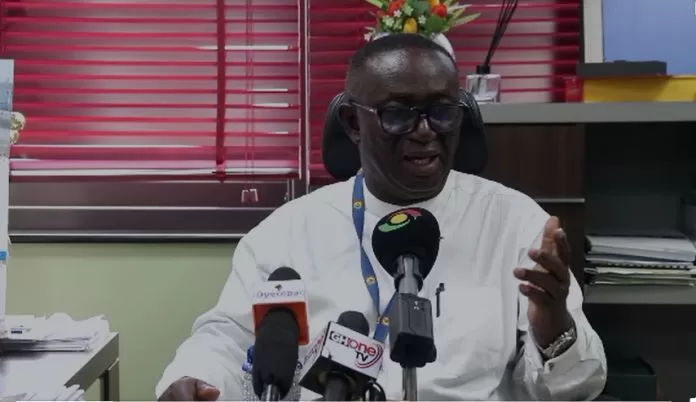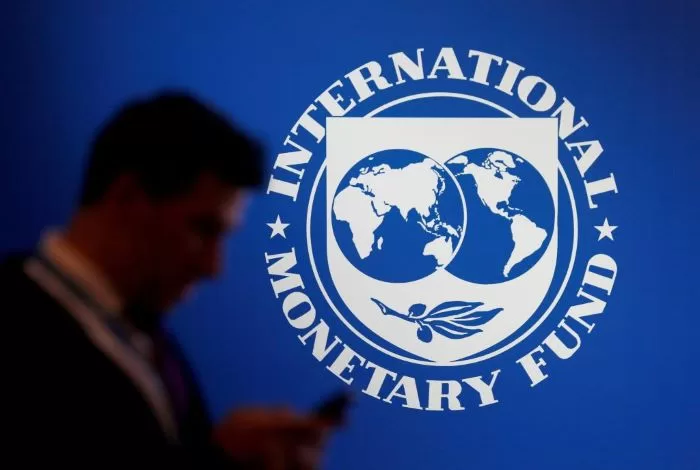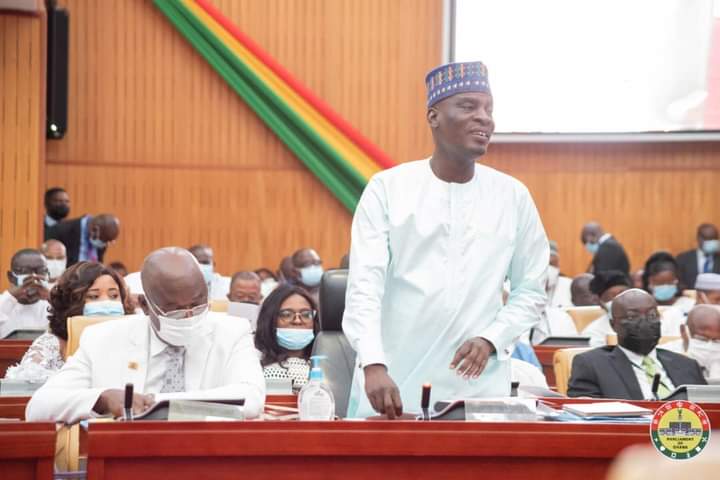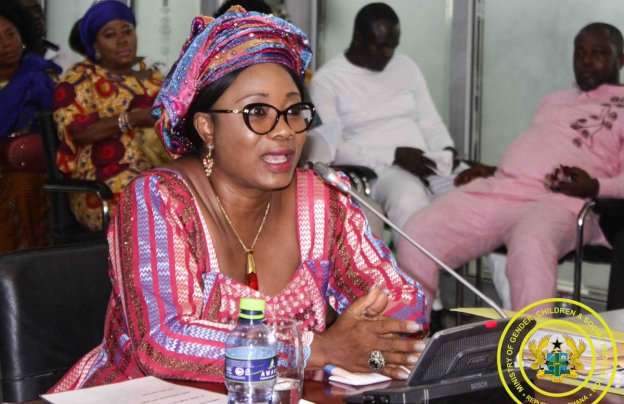The Finance Minister, Ken Ofori Atta, has conceded that Ghana’s debt is unsustainable hence the need for the country to pursue a “more comprehensive” debt operation programme to restore debt and financial sustainability.
Currently the country’s total debt stock has exceeded 100% of its GDP, the Finance Minister told journalists in Accra on Monday as he launched the Debt Exchange Programme.
“The Debt Sustainability Analysis (DSA) demonstrated unequivocally that Ghana’s public debt is unsustainable, and that the Government may not be able to fully service its debt down the road if no action is taken.
“Indeed, debt servicing is now absorbing more than half of total government revenues and almost 70% of tax revenues, while our total public debt stock, including that of State-Owned Enterprises and all, exceeds 100% of our GDP.”
This, he explained, is the reason why Ghana needs a debt exchange programme to help in restoring its capacity to service debt.
Holders of domestic debt have therefore been invited to voluntarily exchange approximately GHS137 billion of the domestic notes and bonds, including E.S.L.A. and Daakye bonds, for a package of New Bonds to be issued by government..
“This is the path towards resetting the economy to a more stable one capable of addressing the development challenges of the country.”
Mr. Ofori-Atta reiterated what he called “clear” reasons that have brought Ghana on its kneels begging for help.
“Covid-19 pandemic, rising global food prices, rising crude oil & energy prices; and the Russia-Ukraine war adversely affected Ghana’s macroeconomy, with spillovers to the financial sector. The combination of adverse external shocks have exposed Ghana to a surge in inflation, a large exchange rate depreciation and stress on the financing of the budget, which taken together have put our public debt on an unsustainable path.”
Mr. Ofori-Atta also admitted that Debt Exchange Programme was a key requirement for the government to get an economic deal from the International Monetary Fund (IMF).
“This is a key requirement to allow Ghana’s economy to recover as fast as possible from this crisis. This is also a key requirement to secure an IMF support.”


















